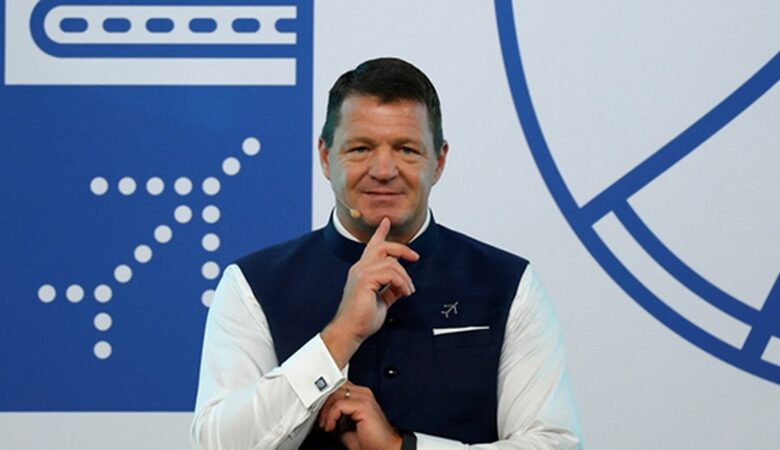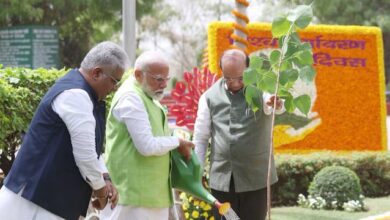IndiGo’s CEO supports India’s position on bilateral air traffic entitlements.
News Mania Desk / Piyal Chatterjee / 2nd June 2025

IndiGo CEO Pieter Elbers defended India’s approach to bilateral air services agreements, particularly with countries hosting major global airports, despite pressure from airlines like Emirates advocating for open access to the Indian market. He remarked that claims of India being protectionist overlook historical imbalances where foreign carriers utilized their rights more effectively than Indian airlines.
Elbers highlighted that India has revised agreements with some nations, signaling openness to adjust terms when mutual benefits exist. Despite ambitions from the Indian government and carriers to enhance international connectivity and position India as an aviation hub, challenges remain, especially in long-haul travel. Many passengers still rely on connecting flights via global hubs like Dubai and Doha.
India’s reluctance to expand traffic rights, particularly with the UAE, reflects a strategic stance as the UAE and Emirates continue to request an increase in seat allocations under the India-Dubai agreement, currently capped at 66,000 seats per week in each direction.
India is focusing on enhancing its wide-body aircraft operations rather than allowing foreign airlines, particularly Gulf carriers, to transport passengers to Europe through their hubs. This reflects India’s broader aviation ambitions, as increasing bilateral seat agreements is not aligned with its goals.
IATA Director General Willie Walsh emphasized that as Indian airlines expand, they should gain global market access, and current flying rights issues are a matter of timing. He noted that globally, flying rights challenges exist and are not unique to India. The number of wide-body aircraft in India has increased significantly in recent years, with both IndiGo and Air India adding new planes to their fleets.
As Indian carriers grow and seek new markets, the approach to access will need to adapt accordingly. Walsh believes that Indian airlines deserve the opportunity to compete globally and that the current situation is merely a transitional phase.






